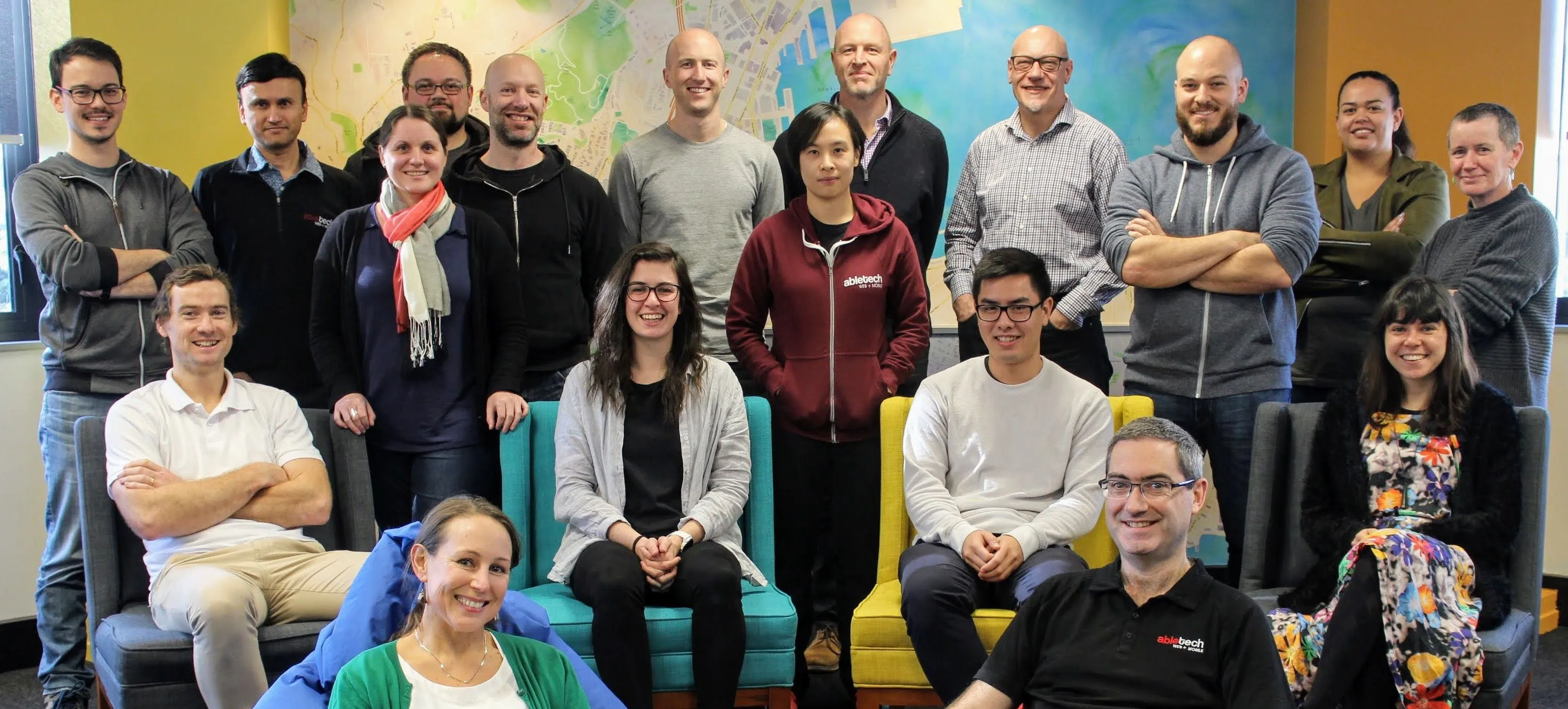Happiness — a fundamental human goal

In 2011 the UN General Assembly adopted a resolution which recognised happiness as a ‘fundamental human goal’.
The UN proclaimed March 20th** International Day of Happiness** to emphasise our need for the ‘happiness and well-being of all peoples’.
How happy are you? How happy are other people when they’re around you? Here’s some food for thought:
The Happiness of Software Developers
In a recent RubyConf AU talk developer Sandi Metz spoke about how complicated happiness, and unhappiness, is. She’s written a book called *99 Bottles of OOP *about making your code more satisfying to contemplate, but she’s gone further and thought about why some business teams are more happy than others.

Slide from Sandi Metz’s keynote talk
Sandi’s noticed that, in workplaces, there seem to be common criteria for happiness. In her conference talk she referred to how people relate with each other, persuade each other and contribute to the happiness of each other. She talked about social proof, authority and the influence of others’ judgement. She reckons that liking someone is linked to trust and reciprocity. She referenced books like Dale Carnegie’s famous How to Win Friends and Influence People and recent research that looks at the psychology of persuasion.
In the area of team-work Sandi suggested we contemplate these areas when we’re thinking about our own happiness:
-
Being approachable — try to be a good listener, try to remember people’s names, be sincere, let other people know they’re important to you
-
Winning people to your way of thinking — show respect for others’ opinions, if you’re wrong admit it, let other people talk, agree that their point-of-view is correct, assume they have good motives
-
**Being a leader **— begin with praise and appreciation, discuss common mistakes, praise even the slightest improvement, use encouragement, see if you can make other team-mates happy
-
If you want to change other people start by changing yourself — it’s generally agreed that you can’t change other people but Sandi reckons that if you alter your own actions, your thoughts and your words it just might change others
What do you think?